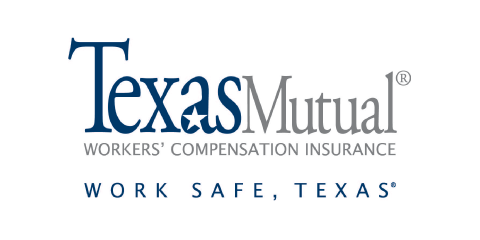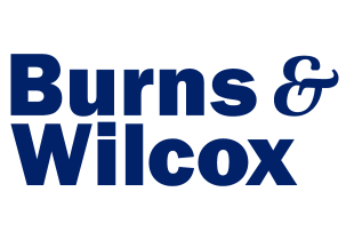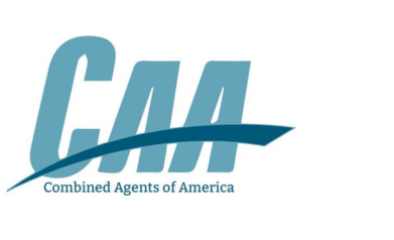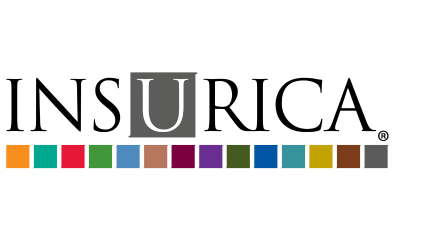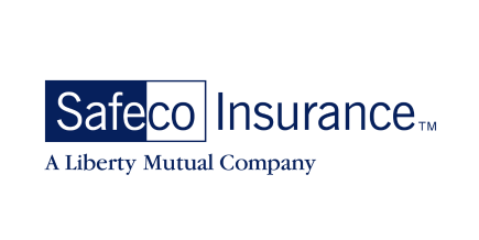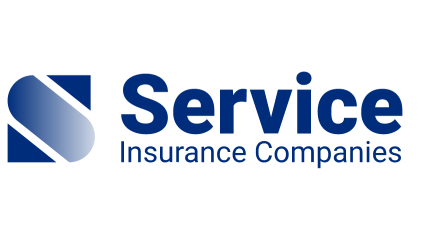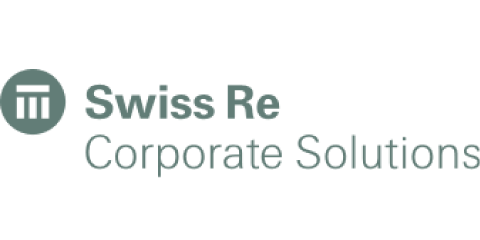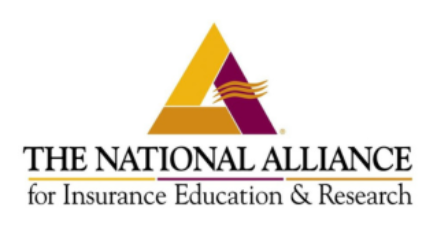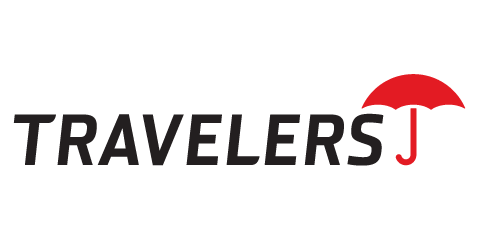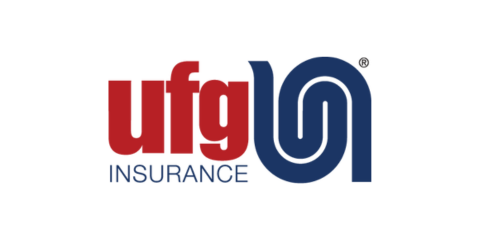Some associations and other groups provide their endorsement for or recommend insurance programs to their members. The regulatory position on individual policies is very different than on group products. Any solicitation for an individual policy of insurance requires licensing. Texas' Attorney General Opinion MW-564 (1982) states that the act of recommending a specific agent, insurer or policy of insurance is an act of an agent and requires licensing.
An association or other group endorsing a policy is considered an unlicensed entity or and unlicensed third party. The biggest problem an unlicensed third party faces is in avoiding acts that, even indirectly, are acts of an agent. Under the law, any act of soliciting an insurance policy is an act of an agent.
An advertisement is defined very broadly by the Texas Insurance Code (Article 21.21-1) as any communication directly or indirectly related to a policy and intended to result in the eventual sale or solicitation of a policy.
All insurance advertisements should originate from and be returned to a properly licensed insurance agent or insurer. An unlicensed third-party can only endorse. They cannot become involved in any insurance transactions, or in any direct or indirect solicitation of insurance.
What an Association May Do
An unlicensed third-party, group or association may:
- Endorse an insurance company, agent or product and provide truthful statements, quotes, and testimonials endorsing the insurance products to the insurance company for use in the company's advertisements, so long as the language does not recommend that organization members purchase the products.
- Provide an insurance company with information about its membership and charge for that information.
- State the fact that the organization selects and endorses insurance products in brochures, letters and other media promoting the group, so long as insurance is not a primary inducement to join the organization and any "paid endorsements" are so identified and disclosed.
What an Association May Not Do
An unlicensed third-party, group or association may not:
- Distribute information about an insurance policy, agent/agency or company on the letterhead or in envelopes of the organization.
- Allow an insurance agent or company to distribute information about an insurance policy, insurance agency or insurance company on the letterhead of the organization in the organization's envelope.
- Recommend that the organization's members purchase specific insurance products.
- Imply that one must become a member of the organization in order to purchase the policy.
- Imply that a purchaser of a policy will become a member of a limited group of persons who will or may receive special advantages from the company not provided for in the policy.
Structuring Endorsement Compensation
In order to avoid the problem of acting as an agent, TDI recommends that the manner in which the group or association is paid not be tied to the volume of sales. This can be arranged in variety of ways, but three are suggested for consideration:
Per Member—This method of payment would reimburse the organization for the number of names provided to the insurance company. In reality, what the company is buying is access to the membership.
Per Use of Your Name—This method of payment would reimburse the organization for the number of mailings where the insurance company used their endorsement. Again, the payment would be tied to the use of the organizations name, and not to sales.
Per Year—This method would be a flat fee that could be renegotiated each year. Each year the organization and the insurance company could consider how each has benefited from the arrangement and determine the appropriate value on the endorsement. This could be made payable monthly, if desired.
Disclosing Paid Endorsements
If the entity making a testimonial, endorsement, or appraisal, receives administrative fees, cost allowances or any other compensation, directly or indirectly, the Texas Insurance Code requires that this shall be disclosed in the advertisement by language substantially as follows: "Paid Endorsement."
Endorsing Group Policies
In a group policy, there is a master policy purchased by a valid group. In the capacity of group master policyholder, a group is afforded certain exemptions in the Texas Insurance and Administrative Codes.
A general announcement by a group or blanket policyholder to eligible individuals on an employment or membership list that a policy or program has been written or arranged, is not considered advertising, provided the announcement clearly indicates that it is preliminary to the issuance of a booklet explaining the proposed coverage.
The group policyholder can mail or otherwise distribute information that would ordinarily be advertising, so long as it goes only to eligible group members. Going outside the eligible group is an act of an agent.
Soliciting for membership and for the group policy at the same time or using the insurance as the primary inducement to join the group are not permitted.

